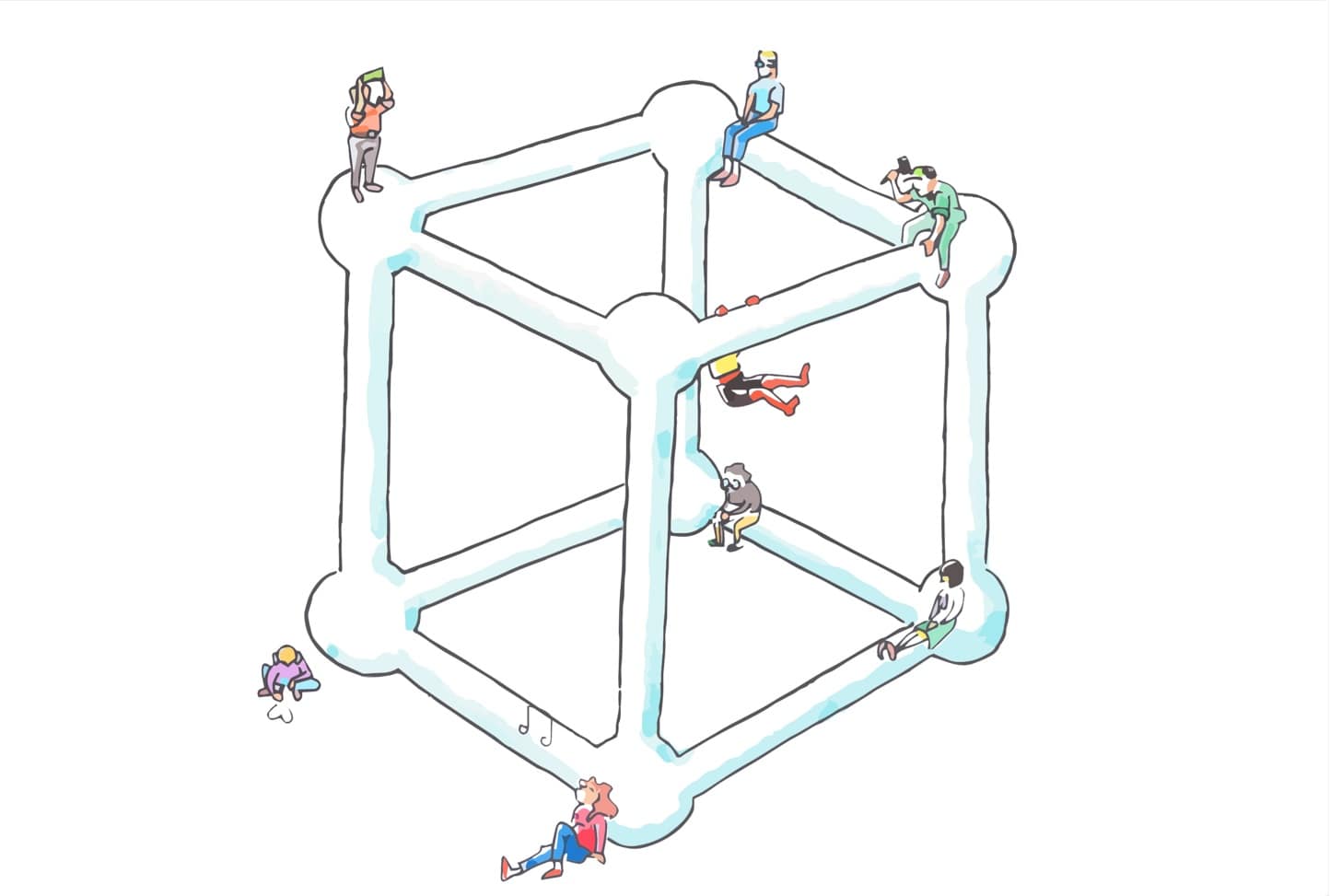
Summer of history
This summer, the University of Groningen will host three events—yes, three—that will be of special interest to the historically- and theoretically-inclined. The meeting of the International Society for the History of Philosophy of Science (HOPOS) will be held on July 9-12, a workshop exploring the intersection between the history of psychology and the history of education will be held on July 16, and the meeting of the European Society for the History of the Human Sciences (ESHHS) will be held on July 17-21. Because this year is also the 125th anniversary of the Department of Psychology, it’s an historic time to be here!
The three events will provide different perspectives of the history of psychology and of science. All three will accept paper and poster proposals from faculty, of course, but interested academic staff and students should also feel welcome to submit proposals too. It’s certain that each will be a real treat for those who attend.
HOPOS, as the acronym suggests, is dedicated to the History of the Philosophy of Science. They meet every two years, and every second meeting is in Europe. (Ghent in 2014, Budapest in 2010, and Paris in 2006.) Their mandate includes the history of psychology, but it is one among many topics. Indeed, their interests seem to lean more toward philosophy than history (see recently e.g., Frierson, 2016; Hatfield, 2015; Olen, 2016).
The workshop is a collaboration between two groups at RUG: the Theory and History of Psychology group (represented in this instance by me) and the History of Education group (Prof Dr Dekker). Joining us will be two groups from the University of Geneva: on the psychology side from the Archives Jean Piaget (Dr Ratcliff), and on the education side from the Archives de l’Institut Jean Jacques Rousseau (Prof Dr Hofstetter & Prof Dr Scheuwly). In addition to their talks, a small number of additional sessions and workshops will be possible. Please email me if you would like to present a short paper or suggest a symposium. (The preference, obviously, is for talks at the intersection between the history of psychology and the history of education.)
The last event, ESHHS, is devoted to the history of the human sciences, broadly conceived, and the organizers are interested in supporting work related to psychology, pedagogy, sociology, anthropology, political science, criminology, and linguistics, as well as relevant specializations within biology, history, and philosophy. They also sponsor an early career award derived from the submitted program. And several of these papers have since been published (e.g., Graus, 2016; Hajek, 2015).
If you are inclined to join the festivities, there’s still time to submit papers. The deadline for HOPOS is looming: December 1. But there’s still lots of time for the workshop and ESHHS. Those proposals aren’t due until next year: March 1. (This was recently extended to April 1.)
Even if you don’t intend to submit a paper, I encourage you to attend. It’s extremely rare for three such events to run locally (and quite exceptional for them to run over just two weeks). So put it in your agenda: join us for Groningen’s summer of history!
Postscript
The Netherlands has a strong tradition of hosting important psychological meetings. The eighth International Congress of Psychology was hosted in Groningen in 1926, under the presidency of Gerardus Heymans (for whom the Heymansgebouw is named). And it was quite successful: two hundred and fifty people are reported to have attended. Utrecht and Amsterdam then hosted meetings of the International Congress of Applied Psychology in 1928 and 1968.
More recently, Amsterdam also played host to the Jean Piaget Society (JPS). Their 37th annual meeting was held at the Krasnapolsky in 2007, and they will return for their 48th meeting at the end of May. If you would like to submit to present there, the deadline is December 15. For those planning further ahead, note too that they also have a very generous dissertation prize that accepts historical and theoretical submissions. Indeed, the society’s interests are much more open than the use of Piaget’s name suggests: anything related to the development of knowledge, broadly conceived, is welcome. (And in addition to the annual theme, they also run a standard core of submitted programming.)



